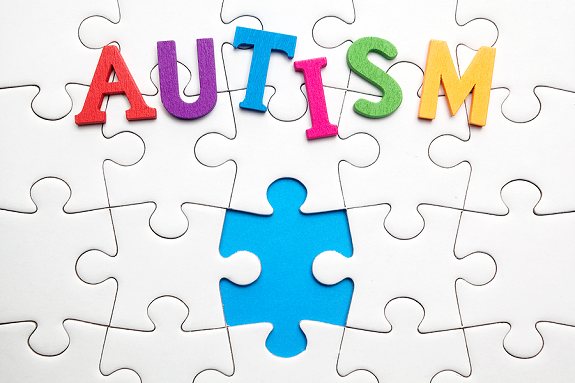Mental and emotional health is something we’ve only recently seriously started to consider in workplaces and schools. But the earlier we can start supporting children’s emotional health, the better we can set them up for success.
While we do our best to do this naturally, children can receive greater benefit when we implement support strategies consciously. So how can we do this? Here are three ways you can offer your children more emotional and mental health support in your setting.
Ensure Children Feel Loved and Included
The responsibility for making children feeling loved mainly lies with the parents, guardians, and other family members. However, children spend a significant amount of time with us, so they need to feel safe, valued and loved when they’re with us too.
Providing your children with this is incredibly simple, but can be lost in the routine of working day-to-day. Ensure you and your employees look children in the eyes and tell them how happy you are to see them each day. You should also praise them regularly and have fun with them.
Another way to make them feel loved is to do your best to include them in every activity. While some children are introverted and will prefer to do certain things alone throughout the day, knowing they are wanted and are choosing to do something on their own will help them feel loved and independent.
Spend Time Outside and/or With Nature
Research from Brighton and Sussex Medical School found that natural sounds and environments help us to relax more easily. You can share this experience with your little ones by exploring the outdoors or by bringing nature indoors using houseplants.
Ensure you take them outside daily whenever possible, simply to play or to do something more educational. If you have the room, try planting flowers or simple vegetables to get them invested in nature and going outside regularly to care for the plants.
Alternatively, bring nature inside with houseplants, indoor seed trays, or a small aquarium in a quiet area where the children can go to if they’re feeling low or overwhelmed.
Support Emotional Health Through Creativity
Children and adults alike enjoy expressing themselves through creativity. This is something you can encourage in your setting. Try offering children something new. If they normally paint or play with building blocks, give them basic instruments. They could also play with creative apps, or simply make up stories.
Allow children to be creative as groups and alone. This means less vocal children have a chance to express themselves as they desire without the pressure of competing against more outgoing children.
There are also plenty of ways to work with other organisations to encourage emotional wellbeing in your setting. My Happy Mind runs two programs for early years organisations and provides parents with an app to help them monitor their child’s mental wellbeing.



